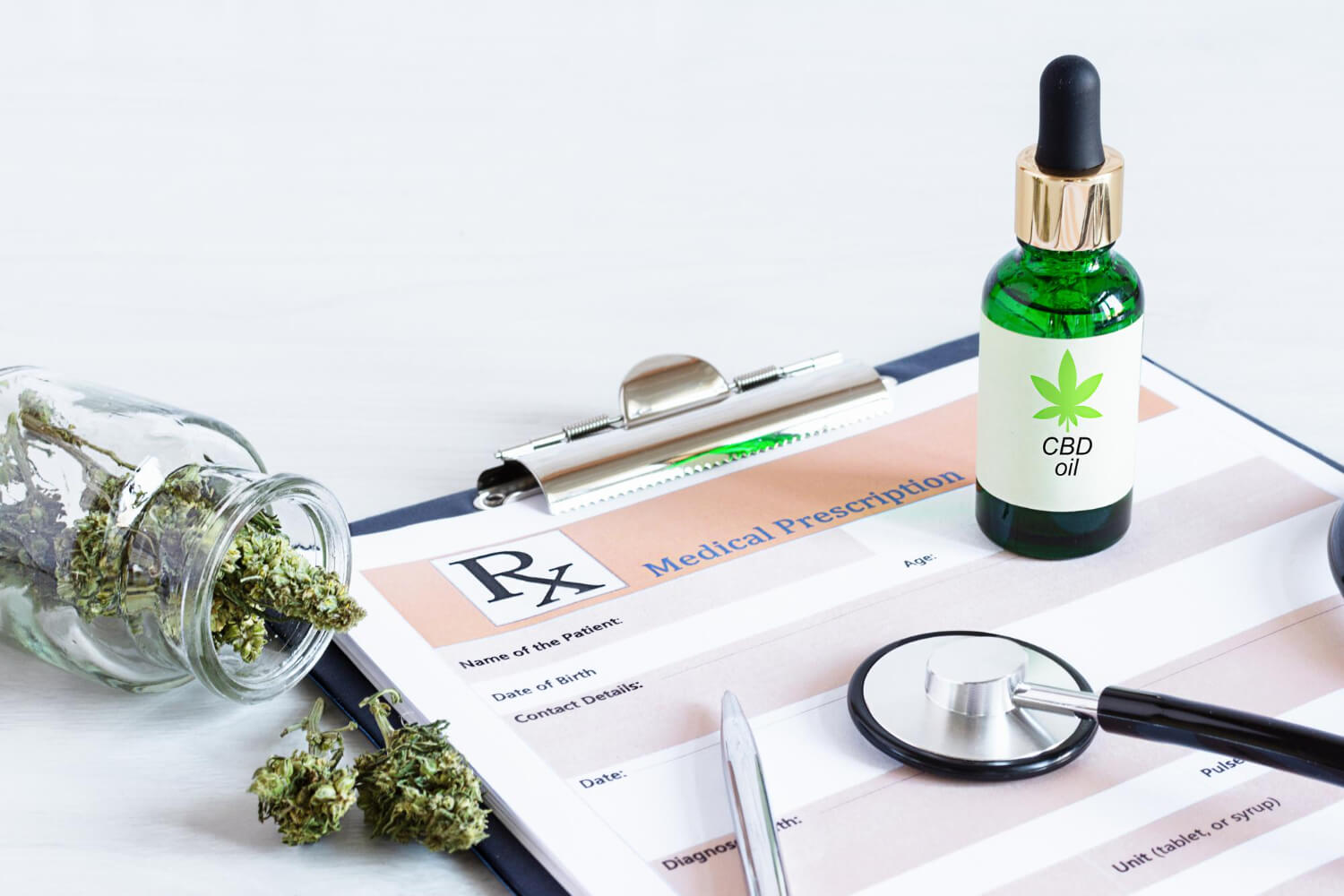If you are living within the UK and are a CBD enthusiast, then the question, ‘Is CBD approved by the NHS?’ must have definitely made you curious often.
For every law-abiding citizen, it is necessary to be aware of the rules and regulations governing the legal status of CBD within the country.
Failing to abide by the rules and regulations can ultimately result in great discomfort to the CBD enthusiast.
NHS Guidelines on Medical Cannabis
The National Health Services or NHS is a publicly funded healthcare system in the United Kingdom that provides various medical services.
Regarding CBD and its related products, medical cannabis was made legal in the UK for specific medical conditions and under strict regulations. The NHS generally follows guidelines set by regulatory bodies and governmental agencies.
Here are some key points based on the rulings followed by NHS for CBD.
Prescribing Authority
In the UK, only specialist doctors are allowed to prescribe medical cannabis. These specialists need to be listed on the General Medical Council’s Specialist Register.
Approved Medical Conditions
Medical cannabis is commonly prescribed for specific medical conditions in cases where other treatments have proven ineffective. These conditions often encompass epilepsy, chronic pain, and multiple sclerosis, as well as nausea and vomiting resulting from chemotherapy.
Access and Availability
While medical cannabis is legal, access and availability might still be limited. The NHS might have specific criteria for patients to meet before medical cannabis is considered as a treatment option.
Cannabis-Based Medicinal Products (CBMPs)
The focus is often on cannabis-based medicinal products rather than raw cannabis. These products are pharmaceutical-grade and subject to rigorous testing and quality control.
Research and Monitoring
The use of medical cannabis is often accompanied by a requirement for ongoing monitoring and research to assess its effectiveness and potential side effects.
CBD Oil on the NHS: Approval and Accessibility
The availability of CBD oil on the NHS was not widespread, and it was not routinely prescribed.
However, it is also important to note that the rules and regulations keep changing with time, and new additions are made as per the current usage of any product, CBD being the product in focus here.
Here are some key factors that help understand the approval and accessibility of CBD oil within the UK.
Prescription by Specialists
CBD oil was typically prescribed on the NHS only by specialist doctors in certain circumstances. These specialists would usually be experts in the field relevant to the patient’s condition, and they must be listed on the General Medical Council’s Specialist Register.
Medical Conditions
The prescription of CBD oil on the NHS was generally considered for specific medical conditions where other treatments had not been effective. Examples included certain types of epilepsy.
Regulatory Approval
CBD oil used on the NHS would typically be a licensed medication that has undergone rigorous testing and received regulatory approval.
Medications like Epidyolex, which contains pure CBD and is used to treat some forms of severe epilepsy, were among the limited number of CBD-based medications with such approval.
Individual Funding Requests (IFRs)
In some cases, patients or their healthcare providers could submit Individual Funding Requests (IFRs) to the NHS to seek approval for funding for medications, including CBD oil, that are not routinely available.
Private Prescriptions and Over-the-Counter Options
CBD oil and some cannabis-based medicinal products (CBMPs) are also available for purchase as over-the-counter (OTC) products and through private prescriptions.
Some CBD oil products, typically those with lower concentrations and considered as food supplements, were available over the counter in health food stores, pharmacies, and online. These products often did not require a prescription.
In addition to OTC options, individuals could obtain CBD oil or other cannabis-based medicinal products through a private prescription from a healthcare professional. This might include a consultation fee in addition to the cost of the medication.
When obtaining a private prescription for CBD oil or other cannabis-based products, it’s typically up to the prescribing healthcare professional to determine the appropriate product and dosage based on the patient’s medical condition.
To Summarize
In the UK, medical cannabis prescriptions are exclusively granted to specialist doctors registered on the General Medical Council’s Specialist Register.
These prescriptions are typically reserved for specific medical conditions like epilepsy, chronic pain, multiple sclerosis, and chemotherapy-induced nausea and vomiting, particularly when standard treatments have demonstrated ineffectiveness.
While medical cannabis is legally permitted, its accessibility may be limited, and patients may need to meet specific criteria outlined by the NHS before it is considered a viable treatment option.
Moreover, the Regulations and policies of the NHS regarding CBD and its various products can change, and new research and clinical evidence can influence medical practices.





